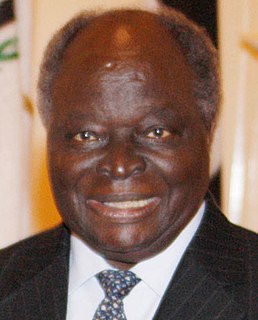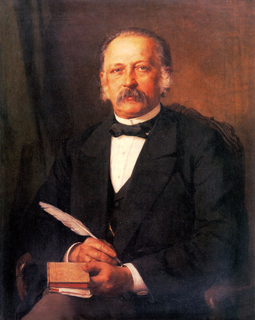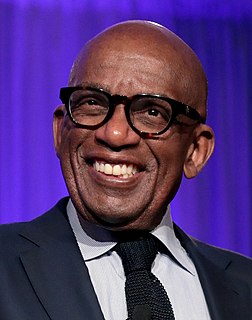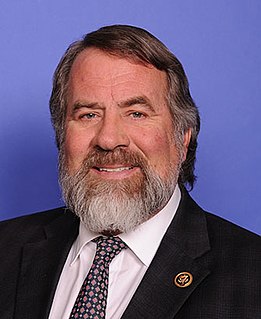A Quote by Rebecca Hamilton
It's best to think of these as two things - they're related, but there's different dynamics going on with each of them. A key difference is Abyei is contested territory. We still do not know whether Abyei is going to belong to the new country of South Sudan or effectively the new country of Sudan, the northern part. That was supposed to be decided by a referendum in January; that referendum never happened, so it was being dealt with through political negotiations.
Related Quotes
There's a huge misconception that it's all about the oil, and the truth is there's actually not much oil left in Abyei. The misperception arose because when the peace agreement was signed in 2005, Abyei accounted for a quarter of Sudan's oil production. Since then, the Permanent Court of Arbitration in The Hague defined major oil fields to lie outside Abyei. They're in the north now, not even up for grabs, and they account for one percent of the oil in Sudan. The idea that it's "oil-rich Abyei" is out of date.
I try not to cover Sudan from afar. I feel really uncomfortable writing about Sudan when I'm not there. It always looks different. When you're outside Sudan it's easy to lose sight of how much of what happens is driven by local politics. And when you're in America in particular, there's this sense that what D.C. has to say is the only thing that counts. Unsurprisingly people in Sudan don't feel the same way.
I know it feels like two steps forward and one step back, but we are making progress. In my lifetime, I have lived through one World War, I have lived through the end of Apartheid in South Africa, the pulling down of the Berlin Wall. I have experienced what I never thought I would have experienced, which is a pretty workable peace in Northern Ireland, and I experienced a unified Europe - until the Conservative government got its hands on the idea that in order to appease a few back-benchers they would hold a referendum, what a disastrous idea.
A lot of the people in Northern California and parts of Oregon have decided that we are not on the same page as San Francisco and Portland and Los Angeles. I don't know if six states is a solution because is Washington, D.C. and the rest of the country really going to give California 10 new senators?






























